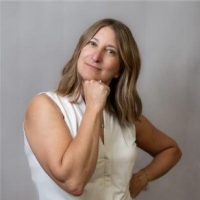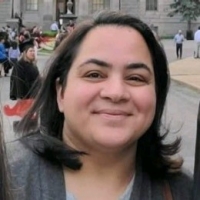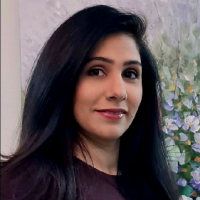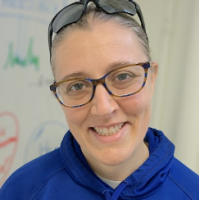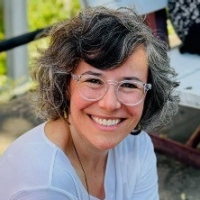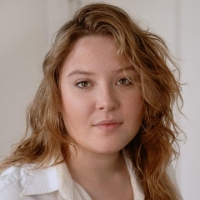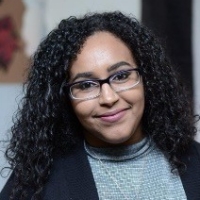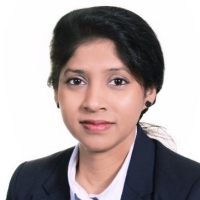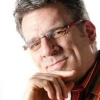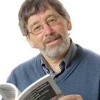Julia Hall
About the project: For my final project, I worked with a not-for-profit organization that facilitates access to specialized healthcare services for patients in remote regions. Through conversations with staff, I learned that individuals and teams across the client organization are deeply devoted to patient and family care but felt detached from a sense of wellness and connectedness at work. In respect of the client’s request for support to build its capacity to articulate mission, vision, and values statements and enhance employee engagement, but with consideration for an underlying need for healing in the system, we agreed to partner in the development of processes that would surface the staff’s individual and shared strengths; give rise to a collective voice among team members; and build community across the organization. Using the Appreciative Inquiry approach, we designed processes to help members of the client system name the good already present in their system and to imagine, create, and find their way to change, together. Commentary from participants at our closure meeting captured their collective commitment to learning and acting together, leaving me with tremendous optimism for their organizational future.
My highest hope for the project was to offer processes that would give life to the organization and its members - to help it become “a place for individual and collective unfolding” (Laloux & Appert, 2016). This hope extends to my career as an educator: I want to have a life-giving impact in learning spaces I host and in which I participate.


